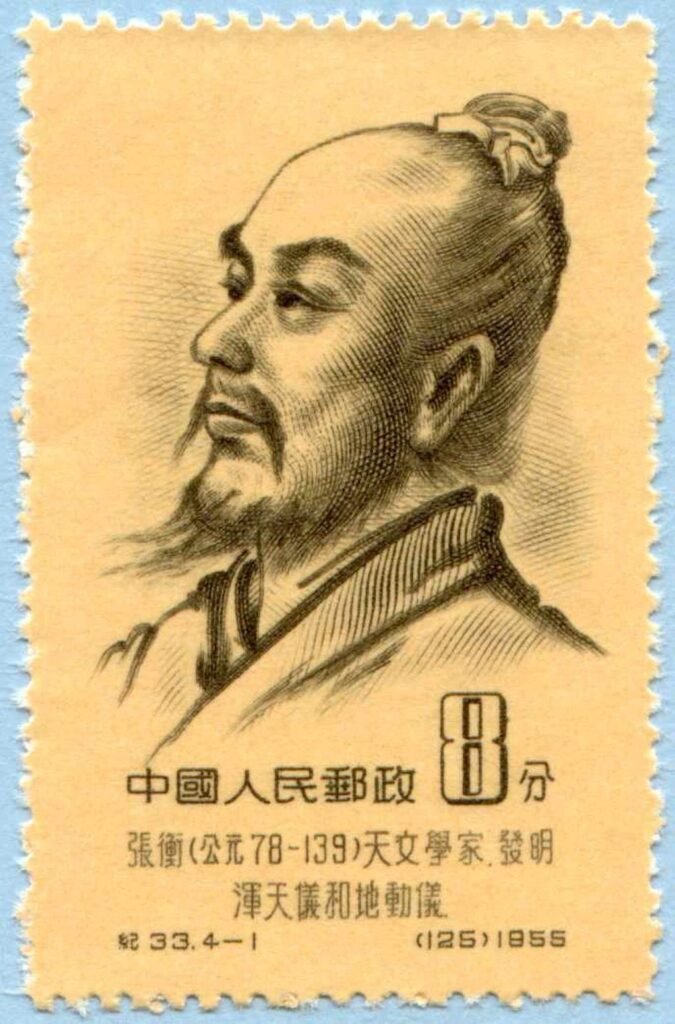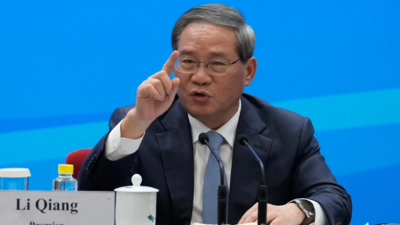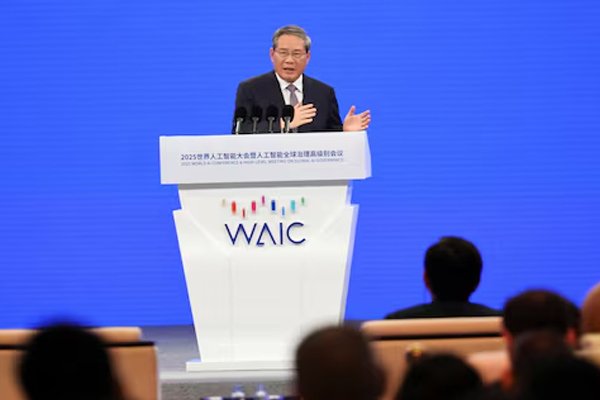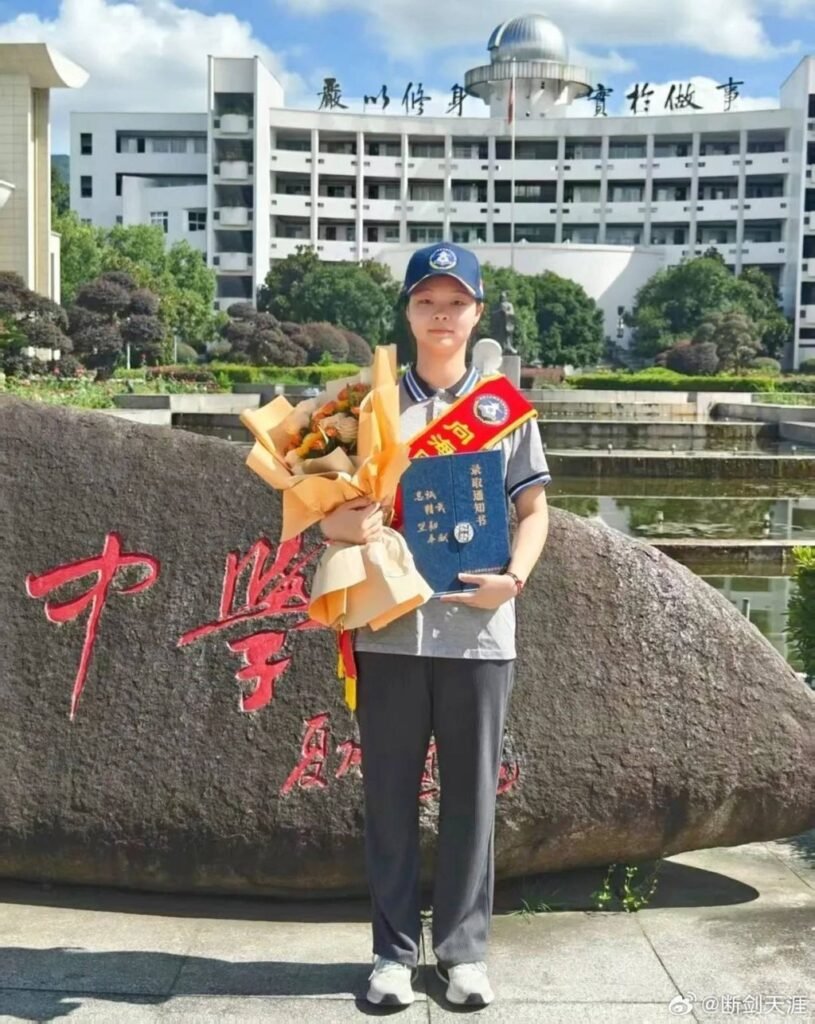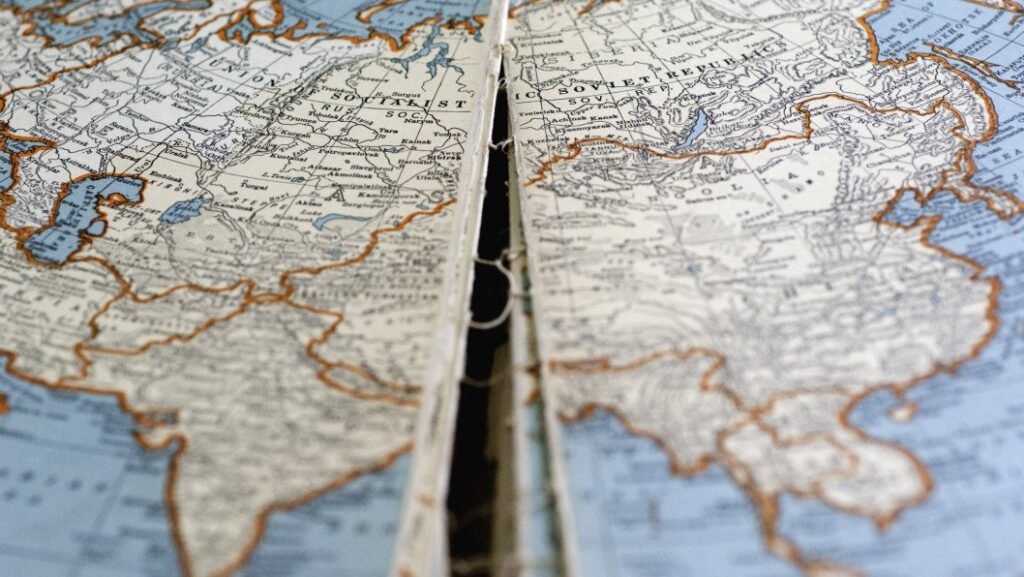
Supporters of the recall movement are seen gathering in Taipei, Taiwan.
Jan Camenzind Broomby for NPR
hide caption
toggle caption
Jan Camenzind Broomby for NPR
Taipei, TAIWAN — Opposition lawmakers in Taiwan have survived a bid to recall them from the island’s legislature, and will therefore retain a controlling parliamentary majority. The months-long recall campaign failed to achieve its objective of unlocking the country’s democratic gridlock.
The recall effort had pitted campaign groups against 24 opposition lawmakers who were accused of undermining Taiwan’s national security and being “pro-China.” The public voting process represented uncharted territory for Taiwanese politics, as it marked the first time recall petitions have been mobilized on a national scale.
Opposition parties have controlled Taiwan’s legislature since early 2024, when general elections saw the Democratic Progressive Party’s (DPP) lead candidate, William Lai, win the presidency but cede control of parliament.
Opposition parties have since stymied Lai’s agenda, refusing to approve constitutional court justices, slashing spending, and cutting defense budgets.
“Their purpose is to weaken Taiwan. They want to sabotage Taiwan from within,” said local recall campaigner Mitch Yang, at a campaign event ahead of Saturday’s recall vote.
“They want to undermine the government so that at the end, the cost for the CCP to invade will be lower,” he added, referencing the Chinese Communist Party.
The vote has coincided with efforts by Beijing to raise its military and diplomatic pressure on Taiwan. China has for decades claimed sovereignty over Taiwan and has never renounced the possible use of force to annex the self-governing island and unify it with the Chinese mainland.
Officials from the largest opposition party, the KMT, insist they are not pro-China and instead describe themselves as the only party that can engage in dialogue with Beijing, while maintaining deterrence and defense.
China currently refuses to engage with President Lai, with Chinese officials branding him as a separatist and supporter of Taiwan’s current status.
“We should be smarter. And smarter means deterrence plus dialogue,” said Alexander Huang, KMT director of international affairs, speaking at an opposition office in central Taipei. “We cannot afford to have zero communication, but full confrontation.”
The opposition further argues that budget cuts spearheaded by the KMT do not undermine national security, but are instead part of holding the government to account so that the parliament does not become a mere “rubber stamp.”
“They would say they are playing hardball politics,” said Nathan Batto, a research fellow at the Institute of Political Science at Academia Sinica (IPSAS) in Taipei. “The problem is that they might have gone overboard,” Batto says — a suggestion that the opposition’s actions have angered grassroots groups.
Since last year’s election, tensions in the legislative chamber have at times spilled out into the public eye, as fights for political control turned into physical altercations.
Brawls on the parliament’s floor have hospitalized several lawmakers.
The opposition’s introduction of controversial legislation in May 2024, which sought to increase parliamentary power over the president, also sparked a wave of protests that shut down areas of central Taipei and provided the impetus for the recall movement to grow.
The KMT claims the recall petitions are a political stunt, orchestrated by the government to undermine the democratic process, stoke division, and invalidate last year’s election results.
“The massive recall against all KMT lawmakers elected only last year, is an act to undo the election,” KMT’s Alexander Huang told NPR. “The DPP government refuses to accept the election result.”
And though they may be unconventional, and unprecedented, experts suggest that the petitions are not unconstitutional. “This is not a violation of democratic principles. The constitution says people have the right to recall,” IPSAS’ Batto told NPR.
But organizers faced an uphill battle from the start, contesting seats already held by the opposition.
“These are all votes held in districts that the KMT won in 2024. So, they are all on turf that is unfavorable to the DPP,” explained Nathan Batto.
Campaigners have also insisted the impetus for the recalls did not originate with the DPP, which only began to support the recall process some time after it began.
“We are not the main character here,” DPP spokesperson Wu Cheng told NPR ahead of the polls. “We support the ‘great recall’ movement, but this is not our party’s work.”
The opposition KMT currently holds 52 of the parliament’s 113 total seats and, together with other opposition parties, it currently maintains a majority over the ruling DPP’s 51. Campaign groups had hoped that they might be able to flip control of the parliament as a last-ditch effort to end the ongoing political and legislative gridlock.
“Once we get a majority in parliament we can reset a lot of bad legislation,” said Yang, the local recall campaigner, as he urged residents in Taipei’s Songshan district to vote during a campaign event.
Nevertheless, the results have fallen flat of campaigners’ expectations and left opposition groups emboldened.
“The silent majority have shown their voice,” said Chance Xu from the KMT’s foreign department following the result. “We call on President Lai again: It’s really the time to end the confrontation, it’s really the time to sit down and talk.”
In the coming weeks, voters will again go to the polls for a second round of recall petitions, during which seven more opposition legislators risk losing their seats.
But if Saturday’s results provide an indication, analysts suggest it is unlikely the second round of votes will allow the government to reclaim control of the parliament.
With opportunities to remove opposition legislators exhausted, President Lai will then likely face an emboldened opposition-controlled parliament until the end of his term in 2028.
“Lai has got to find some way of reaching out. I don’t think he can just carry on,” said Dafydd Fell, director of the SOAS Centre of Taiwan Studies. “Whether that’s actually taken on is another matter.”

